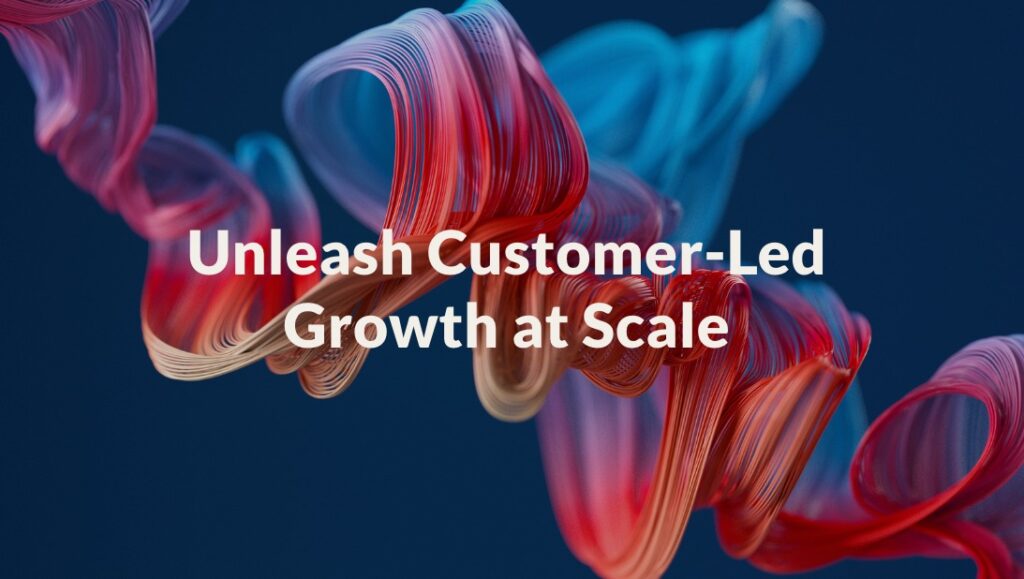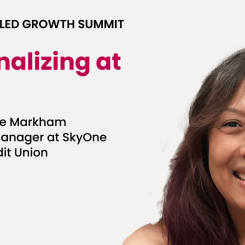When someone does you a favor, what do you do? If you’re like most people, you do the person a favor back. This seemingly simple psychological principle is called reciprocity, and it’s one of the most powerful reasons why referral marketing works.
In 1971, Cornell University’s Dennis Regan conducted a now-famous experiment in which he demonstrated that subjects who received a small favor — a soft drink — from a partner were more likely to buy raffle tickets from that partner afterward. The bottom line: when people get something from someone, they’re more likely to give them something in return.
In the case of referral marketing, you can look at what you’re “giving” the referrer in two ways. First, satisfaction. If a customer is satisfied with your product or service, they are more likely to recommend it to friends and family. (A 2010 study of financial customers found that 83% of satisfied customers would be willing to recommend a service to others.) So, your customers are likely to return your “favor” of a quality product/service with their own “favor” of a new customer they think will derive value from what you provide. The second thing you give your customer is an incentive. When you offer your customer savings for making a referral, the principle of reciprocity dictates that the customer will give you a referral that they believe will actually lead to a new customer (as opposed to simply sending referrals to anyone and everyone in their address book without second thought). This effect is powerful – see our earlier post on the loyalty and value of customers acquired through referrals.




